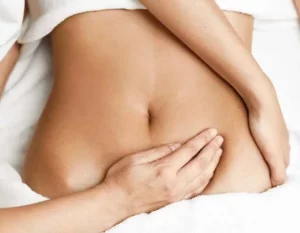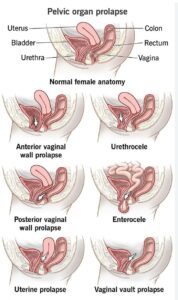As the maternity stay becomes shorter and shorter (6 to 24 hours for a normal delivery in the NHS), we often find ourselves at home with lots of questions, and sometimes still uncomfortable in this new parenting role.
A midwife from the NHS or a “health visitor” will come to see you at home according to a plan drawn up with you before your departure. These visits are often quick, she will weigh your baby and check that everything is going well but this will leave little time for questions and to explore certain subjects, such as breastfeeding or your baby’s sleep.
You can call on a private midwife who will take her time and come to your home to help you make the smooth transition from maternity to home, and gradually find or regain your self-confidence . Your private midwife will check on you and your baby to:
– watch for signs of anemia : bleeding after childbirth can lead to fatigue and shortness of breath, the cause of which may be anemia which must be known and managed.
– monitor blood pressure : high blood pressure linked to pregnancy can sometimes persist in the days following birth and it will be necessary to check it is going back to normal.
– monitor the absence of fever and signs of infection : abdominal pain, smelly bleeding, fever, are all signs of a possible infection of the uterus or scar which must be known to be taken care of as soon as possible.
– monitor the absence of signs of phlebitis after childbirth : childbirth and all the more C-section have a higher thromboembolic risk than normal, it is therefore necessary to check the venous state of the lower limbs.
– monitor the correct uterine involution : the gradual return of the uterus to its initial position before pregnancy is generally done within a month. The distance from the uterus to the umbilicus is a good indicator in the days following the birth of good uterine retraction which helps minimize blood loss.
– monitor good resumption of transit and urination : monitor the absence of urine infection, give advice in case of constipation.
– monitor possible scarring (tearing, episiotomy, C-section) : what care should be taken ? Monitor cleanliness, threads or staples, give advice for better healing and possible massage.
– monitor bleeding : quantity, odor.
– monitor the correct start of breastfeeding : positions, appearance of cracks or pain, use of the breast pump, signs of a good suckling, how to store milk, how to prepare a bottle.
– support you morally in this very important period of life when you can sometimes feel weak and isolated.
– monitor his weight : in the first days after birth your baby will lose weight physiologically. You have to check that he does not lose too much and that the weight gain is normal.
– monitor the healing of the cord : here in England no specific care is taken, a simple monitoring of cleanliness takes place. The cord will fall on its own within a few days of birth.
– monitor his diet : how he drinks, how much he drinks, how to know if he is drinking enough, how to relieve possible colic.
– help you understand his rhythm and sleep, give advice related to the organization at home, the first rituals, bathing and baby care.
It is also a time for discussion which can be an opportunity to express oneself on the experience of childbirth.

Menopause and Pelvic Health: How Physiotherapy Can Help
Menopause is a natural stage of life that every woman will experience. However, while it is often associated with hot flushes and


